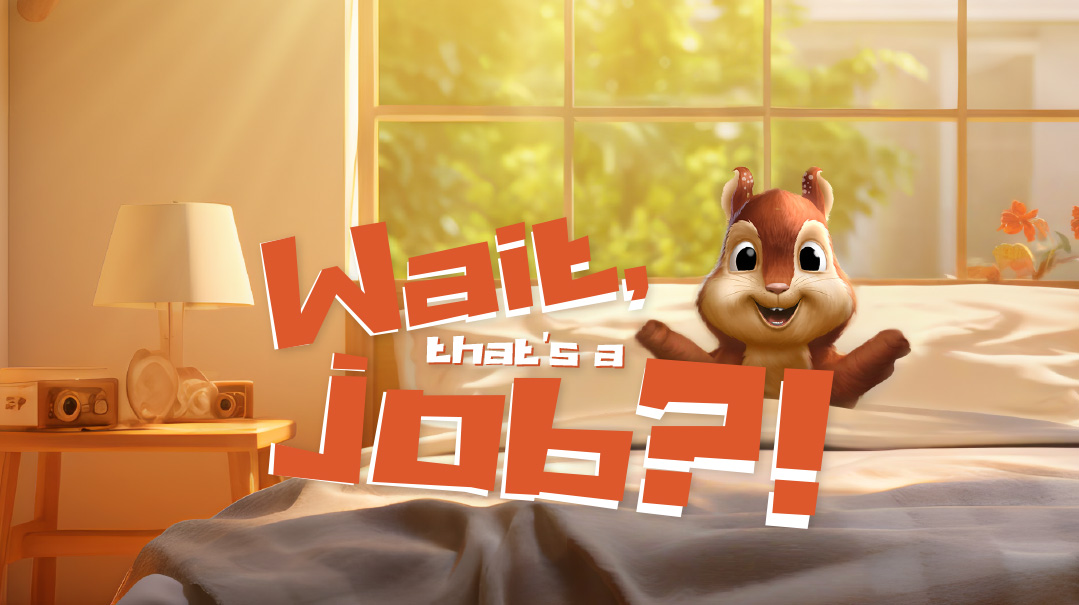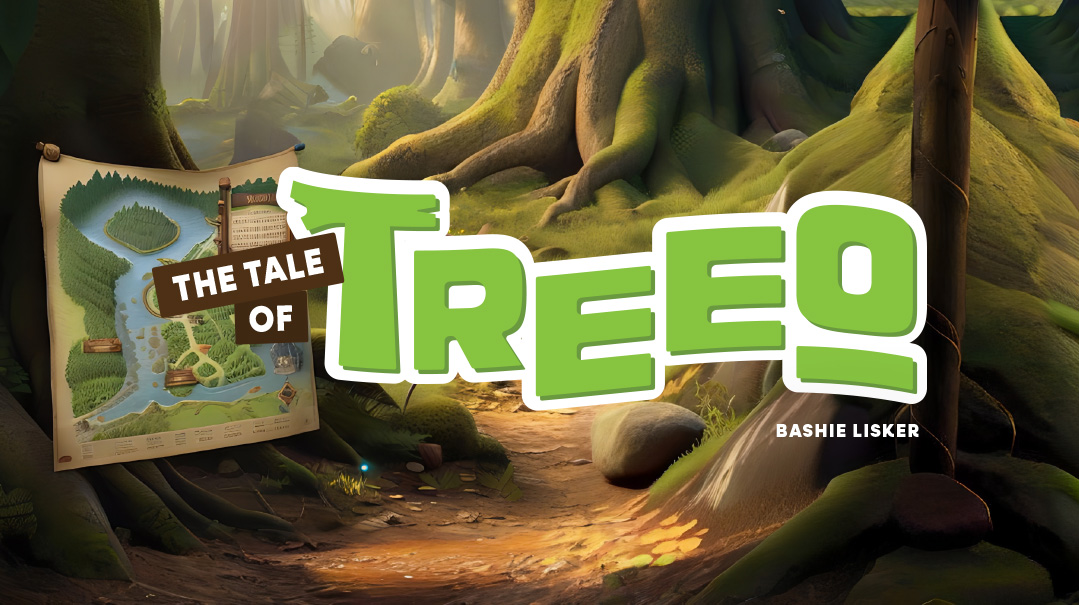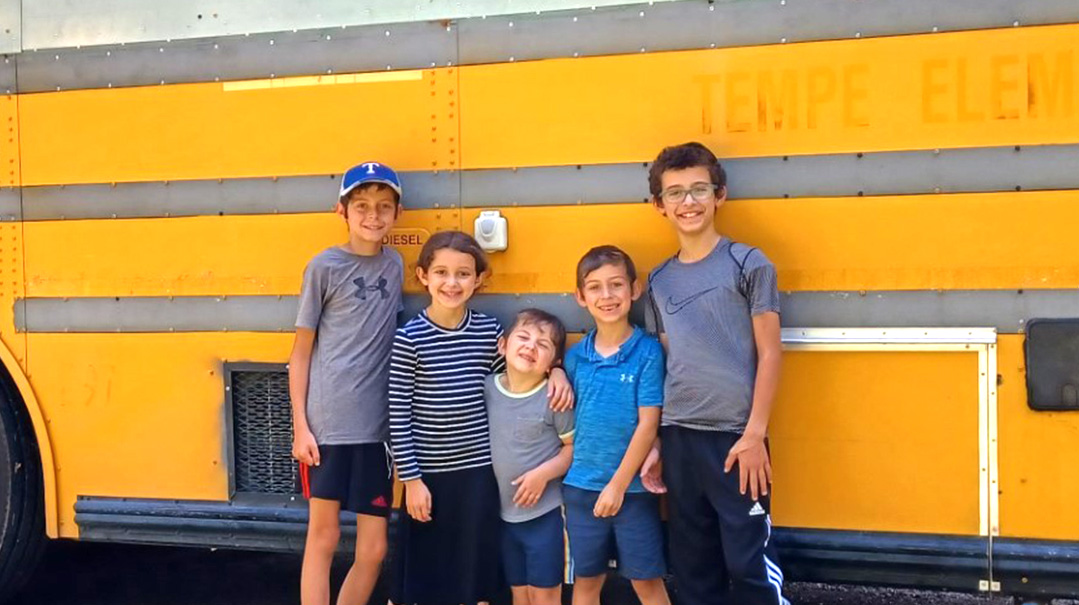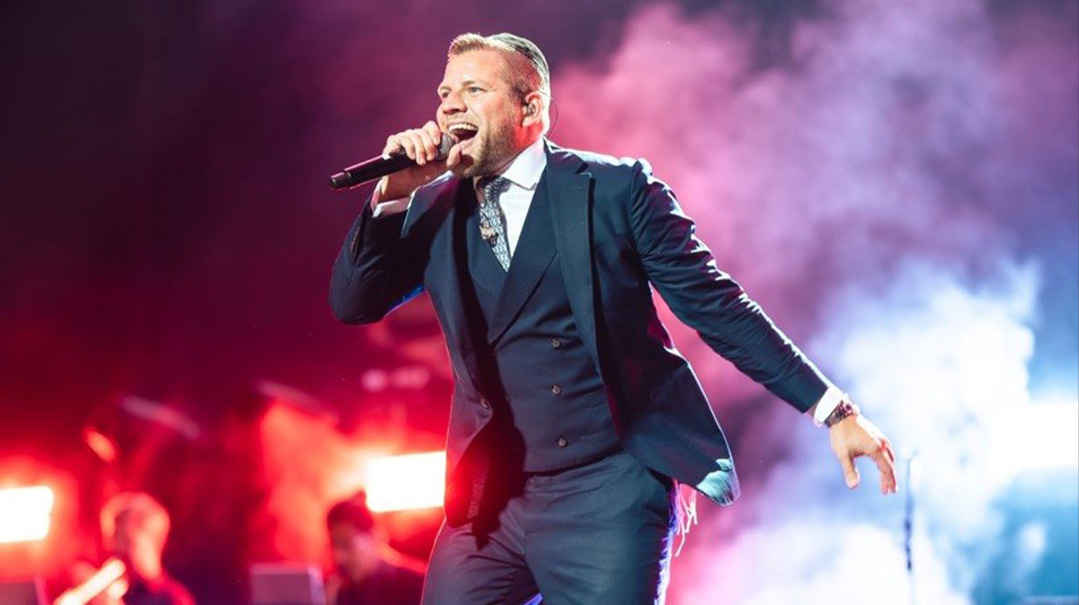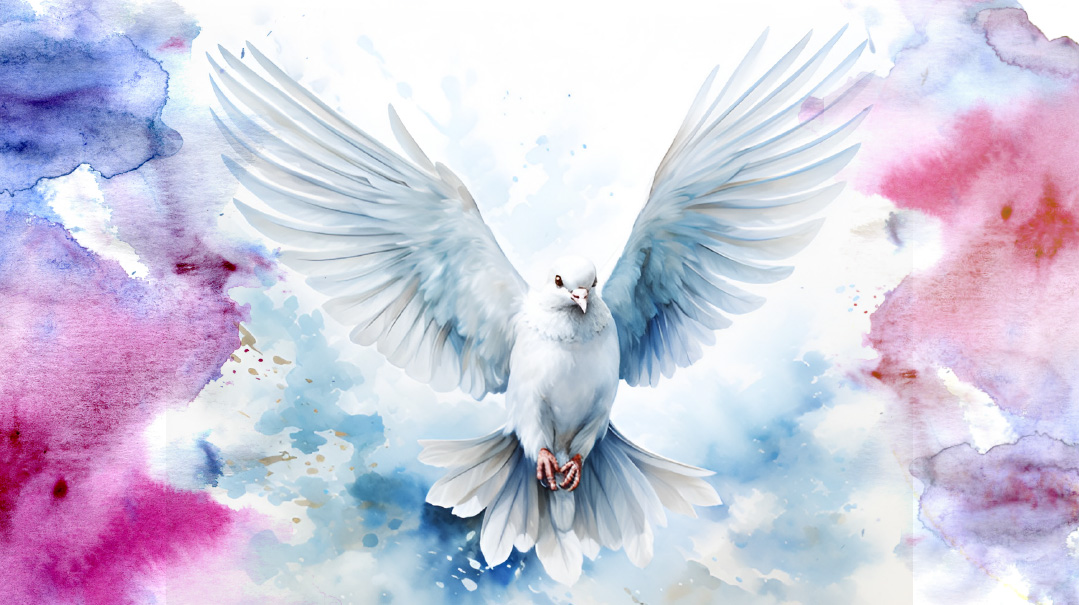The Songs of Shabbos

Jr. spoke to singers Baruch Levine, Shloime Gertner, and Yisroel Werdyger to hear which zemiros are special to them and why
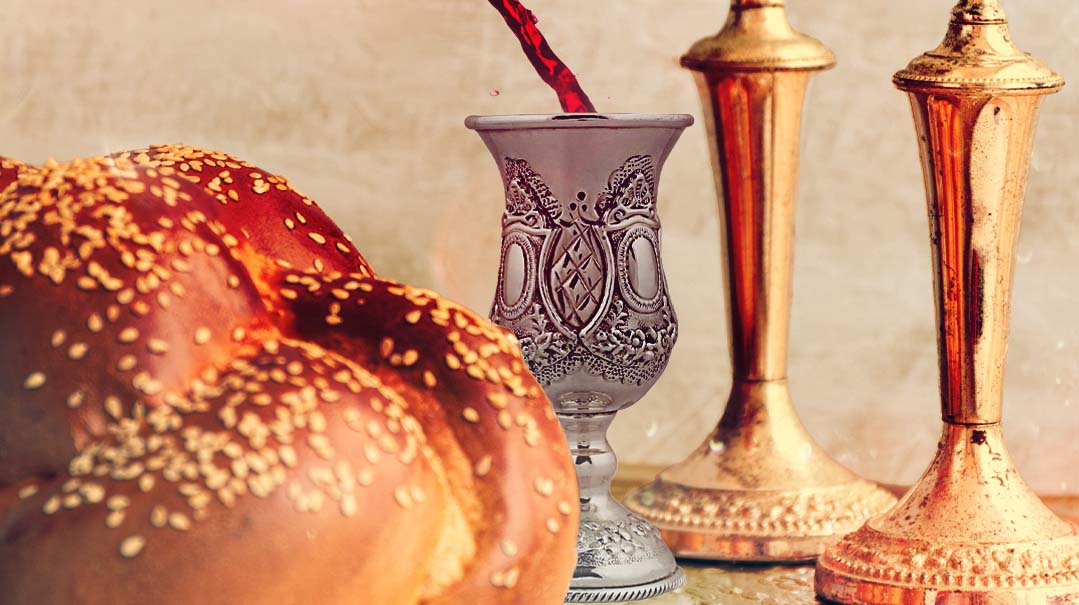
Have you personally composed a song/zemiros for Shabbos? What’s the story behind it?
BL: I composed a fun and upbeat “Yom Zeh L’Yisrael” that came out on my Banim Atem album. I also composed “Lecha Dodi” (from Touched by a Niggun). That’s not exactly zemiros but I do often use it for Kabbalas Shabbos.
SG: I composed the “Malkah” part of “Kodesh” from my debut album Nissim. This wasn’t originally a Shabbos song. I had actually composed it for my daughter Malka who was born with disabilities. When I showed the song to Yossi Green, he made the connection with Malka and Shabbos Hamalkah, and composed Kodesh to go along with it. When my daughter was about six years old, she composed a cute Uncle Moishy style song called Little Challah, which we sing a lot on Shabbos. If we get enough interest from Jr. readers, maybe I’ll produce it for Mishpacha !
YW: I don’t compose, but my albums contain many Shabbos songs, which are all favorites in our house. If I would have to choose one that has a story, it would be “Lecha Dodi” from my first album Bayis Neeman, which became a worldwide hit. The first time I heard it was almost 15 years ago, when my producer, Gershy Moskowitz, got me a demo of the song, composed by Rabbi Baruch Levine. I remember being stunned by the beauty of the tune and I loved it on the spot. At the same time, though, I was skeptical — who needs another tune for Lecha Dodi? So, we took the song to Motty Ilowitz, who wrote Yiddish lyrics for the verse of the song. After the song was released on my album, Baruch Levine released the song with English lyrics. The song expresses that despite how busy we are all week, when Shabbos comes in, we push all our worries out of our mind and focus on our neshamah yeseirah and unique connection to Hashem. Then, we welcome Shabbos into our lives and we sing, Lecha dodi likras kallah, penei Shabbos nekabalah.
Go-to niggun when you have guests:
YW: “Baruch Kel Elyon“ from Reb Moshe Goldman
SG: “Shabbos Hayom LaShem” by
Baruch Levine, which I sing on my Asay album
I imagine the harmonies at your Shabbos table are amazing! True?
BL: Not necessarily, it really depends on the week. Some weeks are really busy, and sometimes my oneg Shabbos is davka to rest my voice and not go all out.
SG: Not especially — very average. What’s interesting is that very often I need to rest my voice on Shabbos if I’ve sung at many weddings during the week. On these occasions, I even try not to talk when I don’t have to.
YW: Of course. My kids jokingly call it “five-part harmony” (which means that everyone is singing the song the way they think it should go).
Most composed Shabbos tefillah/ zemiros:
YW: Yismechu
SG: Sholom Aleichem
Do you prefer traditional zemiros (like from the bentsher) or do you like to sing any song that fits the mood?
SG: We always sing the classic zemiros from the bentsher. But at the back of the bentsher you can often find a list of Shabbos songs, and we like to sing those too. Many times, we have guests who pop in and request that we sing a particular song. In particular, we have some special-needs friends who love when we sing English songs like Abie Rotenberg’s Daddy Dear, MBD’s Just One Shabbos, or the songs from my Serenity album.
YW: At our Shabbos table there’s a rule. The rule is that there are no rules. Every week is different. Of course, we sing the traditional zemiros and the whole family likes to get involved, but every week has its distinct flavor. Some weeks when the mood hits, we go hours into the night with a geshmake kumzitz.
Best seudah for zemiros
YW: Friday night
SG: Friday night
Best hartzige song for Friday night:
YW: “Lumir Machen Kiddush“ from Beri Weber’s “A Shabbos Farbreng“
SG: Karliner
“Kah Echsof“
Can you share a memory related to Shabbos zemiros?
BL: My greatest zemiros memories are definitely from my camp days at Agudah Toronto, Romimu, and Rayim. Camps today certainly pile on loads of never-ending fun, creative activities, and entertainment. But it’s always the camp-style Shabbos zemiros that create the most powerful memories and can leave lasting hashpa’os.
SG: My first memory of zemiros is from when I was about six years old. The Vizhnitz Rebbe had come to London and it was my very first time going to tish. I remember walking in just as the choir was singing “K’ayol Taarog. “ It’s a beautiful Vizhnitz song that made an enormous impression on me. One day I hope to sing it on an album.
YW: During the pandemic, the Shabbos zemiros held extra special meaning. During Pesach of 2020, we couldn’t daven in shul and only had a backyard minyan at the best of times, so we made up for it at the seudah. We sang extra. There was one Friday night when we kumzitzed for three hours straight.
I have to say, your answers are all so inspiring. It’s nice to hear about different Shabbos table experiences and how zemiros play an important role.
(Originally featured in Mishpacha Jr., Issue 898)
Oops! We could not locate your form.
